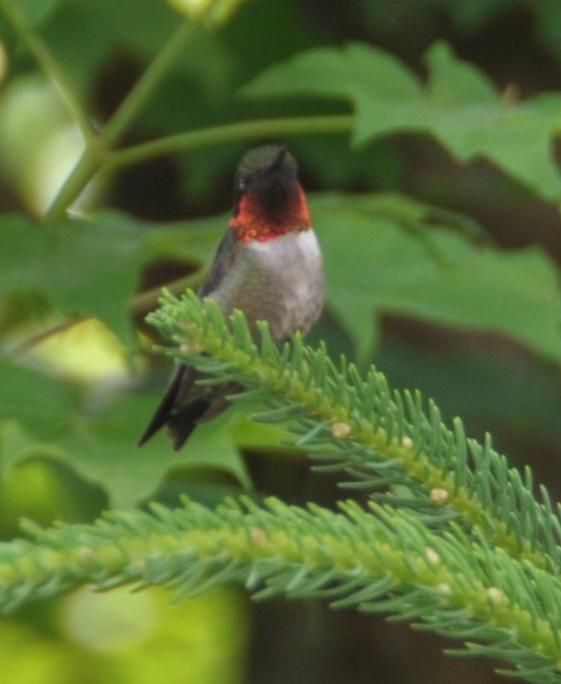Apr 08 2024
Eclipse 2024
 I am currently in Dallas Texas waiting to see, hopefully, the 2024 total solar eclipse. This would be my first total eclipse, and everything I have heard indicates that it is an incredible experience. Unfortunately, the weather calls for some clouds, although forecasts have been getting a little better over the past few days, with the clouds being delayed. Hopefully there will be a break in the clouds during totality.
I am currently in Dallas Texas waiting to see, hopefully, the 2024 total solar eclipse. This would be my first total eclipse, and everything I have heard indicates that it is an incredible experience. Unfortunately, the weather calls for some clouds, although forecasts have been getting a little better over the past few days, with the clouds being delayed. Hopefully there will be a break in the clouds during totality.
Actually there is another reason to hope for a good viewing. During totality the temperature will drop rapidly. This can cause changes in pressure that will temporarily disperse some types of clouds.
I am prepared with eclipse glasses, a pair of solar binoculars, and one of my viewing companions has a solar telescope. These are all certified and safe, and I have already used the glasses and binoculars extensively. You can use them to view the sun even when there is not an eclipse. With the binoculars you can see sunspots – it’s pretty amazing.

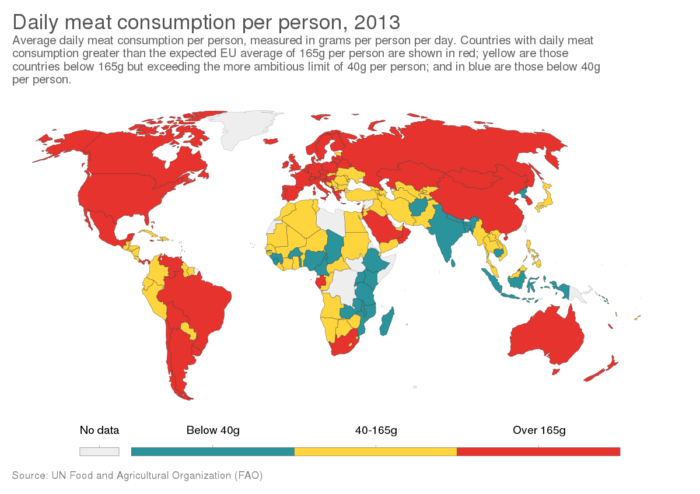 This is one of those complex questions that comes up frequently when talking about related issues, and it’s always challenging to give a short answer. Often there are unknown or speculative elements to the analysis, which make it difficult to have an objective or definitive answer. What I would like to do here is mostly frame the relevant considerations and give my current understanding of the evidence, with possible caveats. Obviously this is going to be a quick overview of a lot of complexity – I see it more as a starting point than a firm conclusion.
This is one of those complex questions that comes up frequently when talking about related issues, and it’s always challenging to give a short answer. Often there are unknown or speculative elements to the analysis, which make it difficult to have an objective or definitive answer. What I would like to do here is mostly frame the relevant considerations and give my current understanding of the evidence, with possible caveats. Obviously this is going to be a quick overview of a lot of complexity – I see it more as a starting point than a firm conclusion.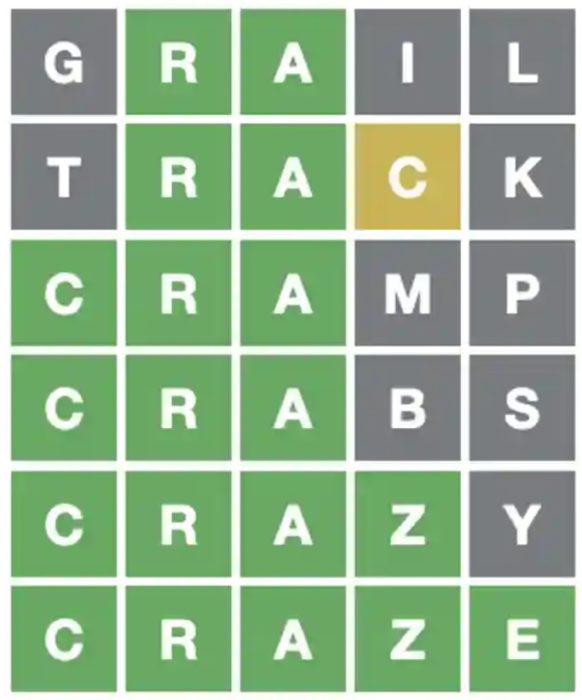 Since many of my regular commenters are intent on talking about their Wordle scores in the comments, you can now use this thread rather than my Topic Suggestions. Please put the following phrase at the top of every comment to avoid spoilers (fresh comments appear on the homepage, so people can see them even if they are not reading this post).
Since many of my regular commenters are intent on talking about their Wordle scores in the comments, you can now use this thread rather than my Topic Suggestions. Please put the following phrase at the top of every comment to avoid spoilers (fresh comments appear on the homepage, so people can see them even if they are not reading this post).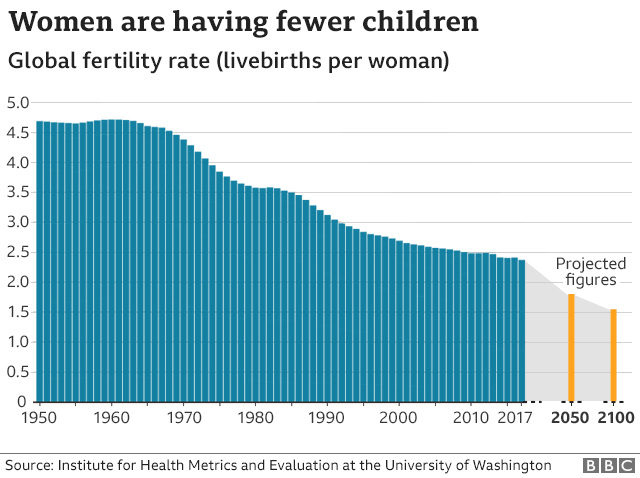 I often discuss the fact that the world’s population is set to approach 10 billion people by 2060 or so. Right now we are approaching 8 billion. This is a potentially serious issue, mainly for food security. We are already using most of the arable land on the planet, and will need to produce more food on the same, or hopefully less, land if we are to sustain these populations without devastating ecosystems (more than we already have). We also need to produce enough energy and goods while dealing with that whole global warming thing. So many people might find it interesting that some scientists are warning about a
I often discuss the fact that the world’s population is set to approach 10 billion people by 2060 or so. Right now we are approaching 8 billion. This is a potentially serious issue, mainly for food security. We are already using most of the arable land on the planet, and will need to produce more food on the same, or hopefully less, land if we are to sustain these populations without devastating ecosystems (more than we already have). We also need to produce enough energy and goods while dealing with that whole global warming thing. So many people might find it interesting that some scientists are warning about a 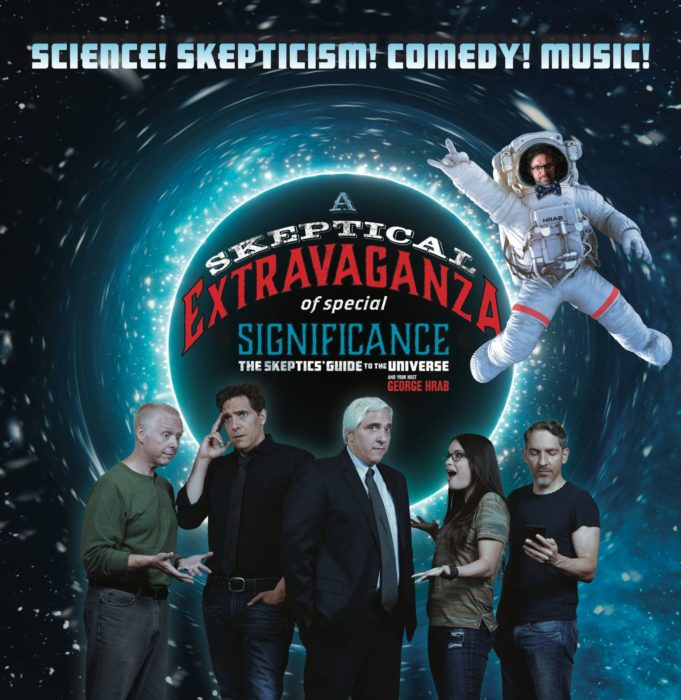 For the next two weeks I will be traveling to New Zealand and Australia to attend two skeptical conferences:
For the next two weeks I will be traveling to New Zealand and Australia to attend two skeptical conferences: In 1984 science fiction writer Isaac Asimov wrote
In 1984 science fiction writer Isaac Asimov wrote 